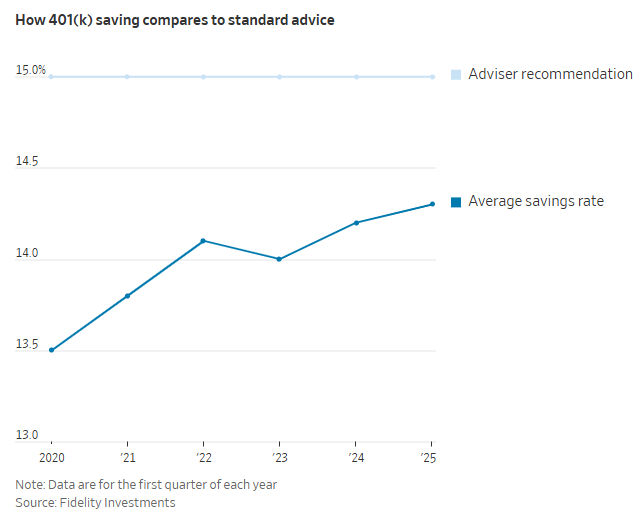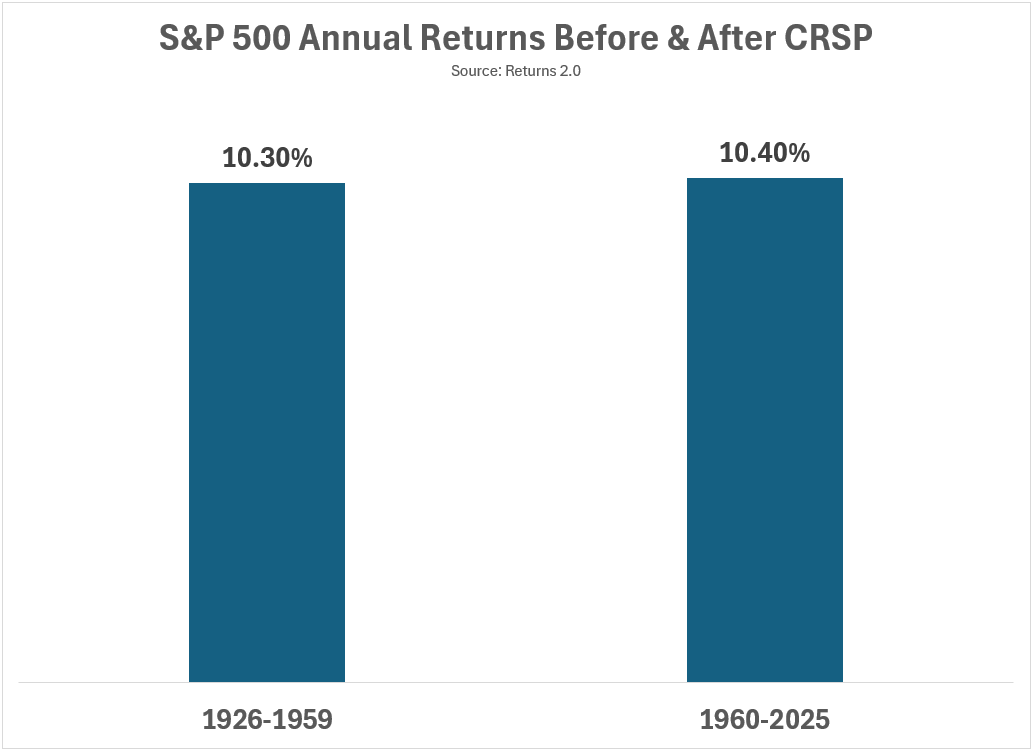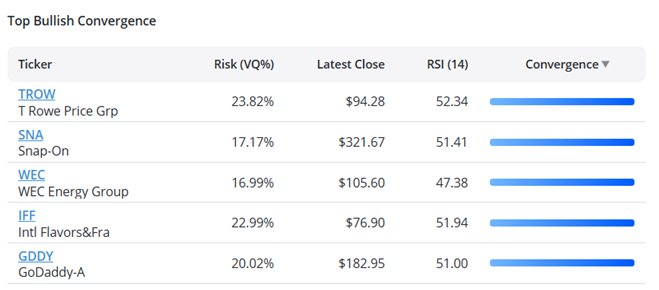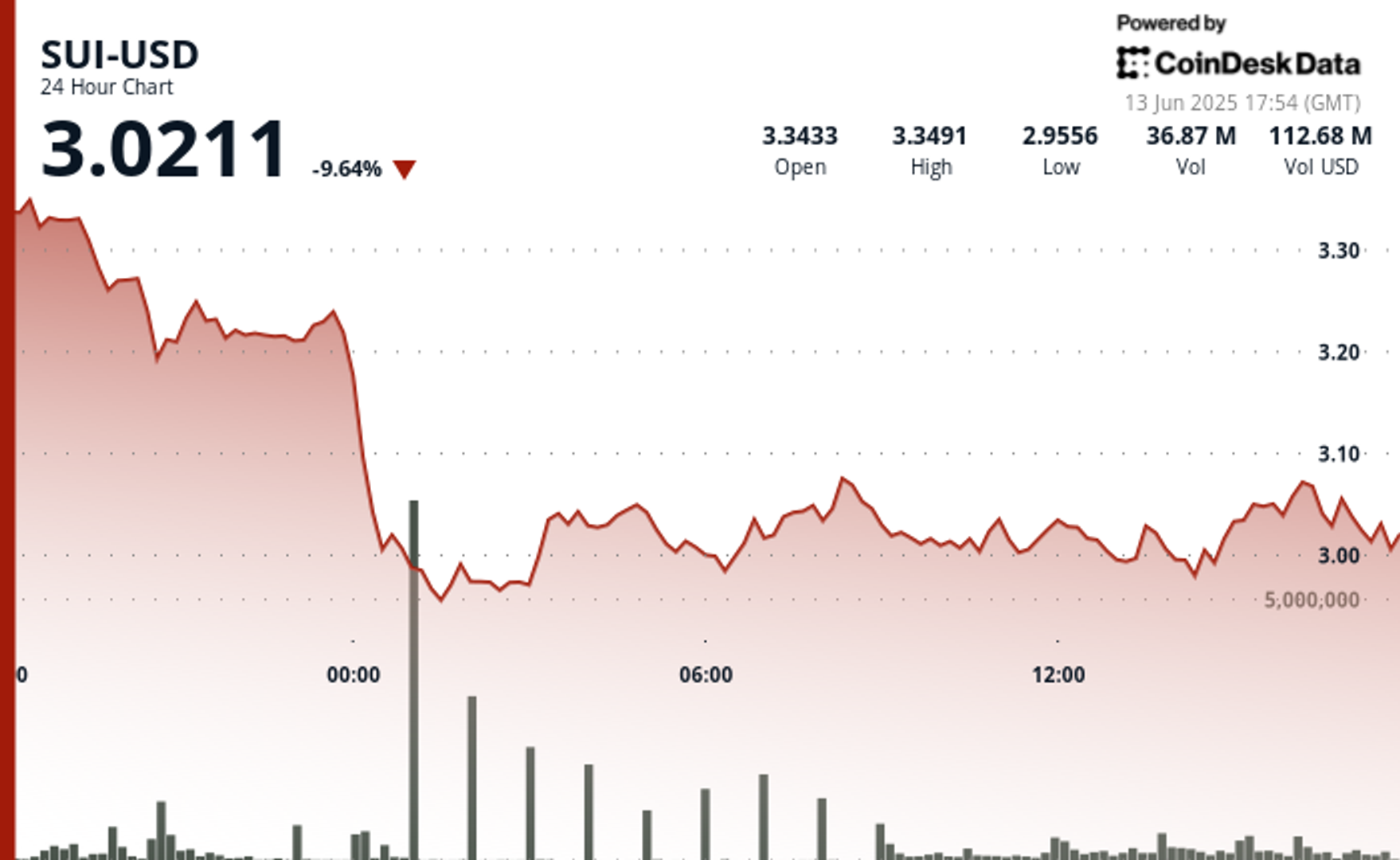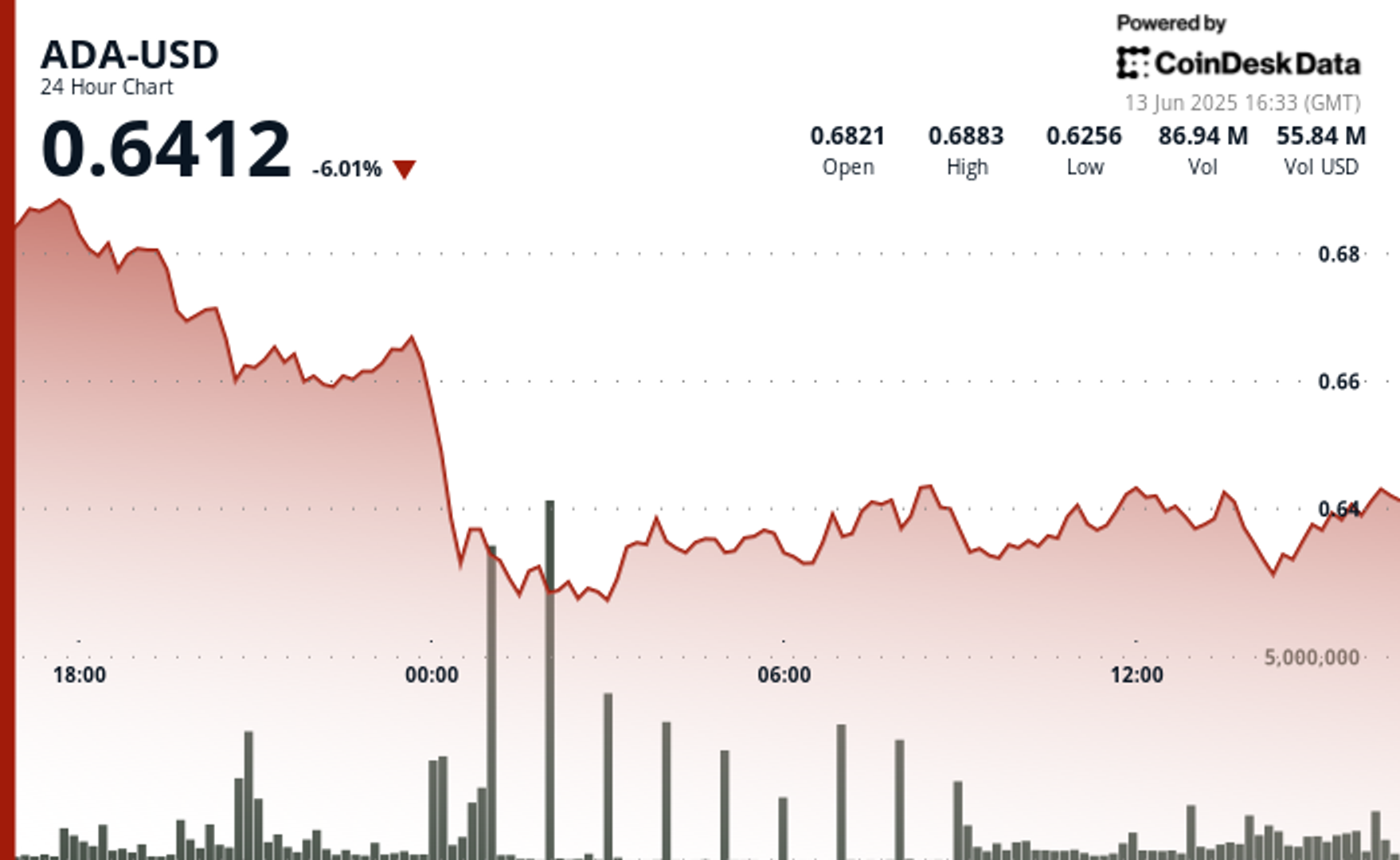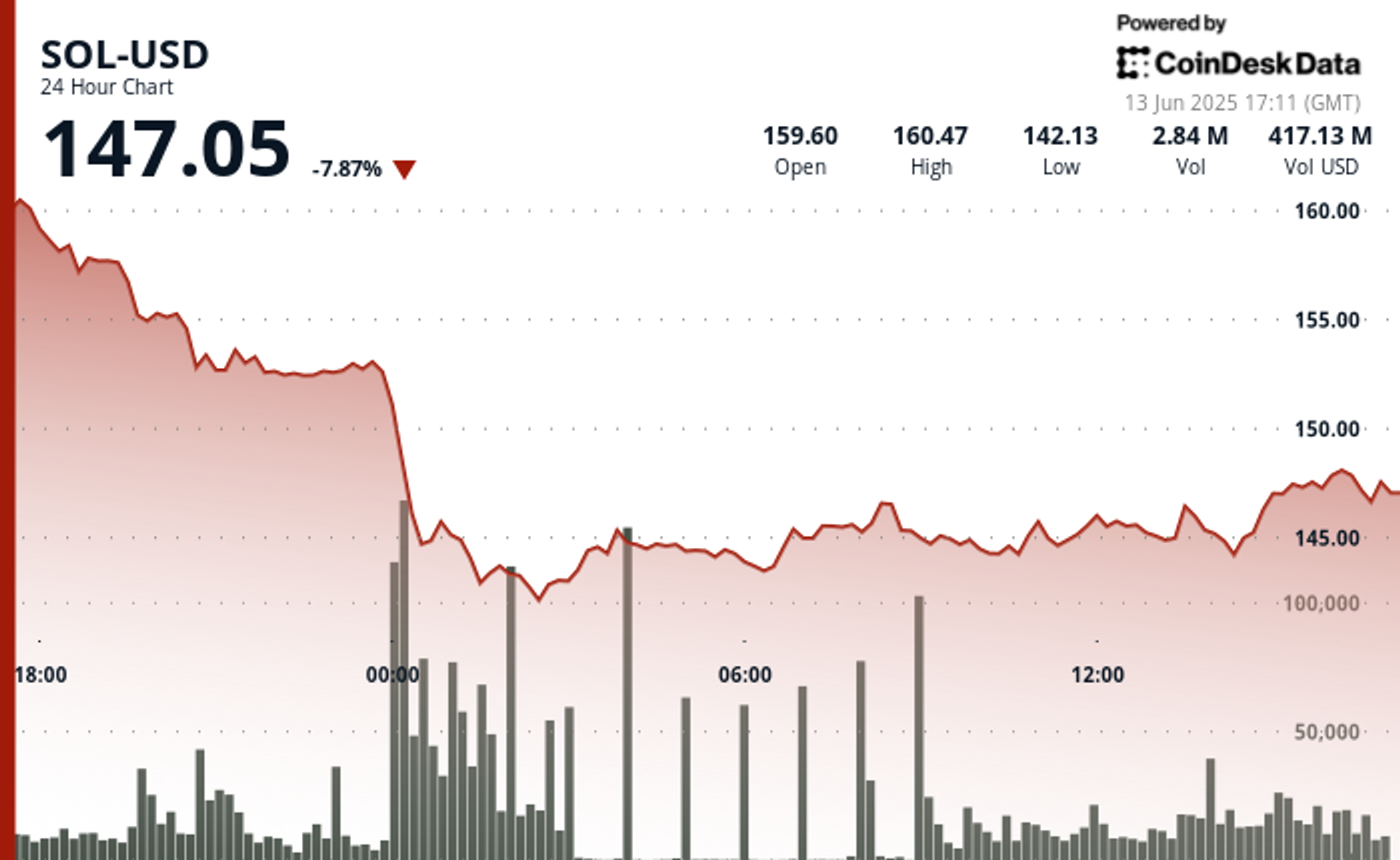I am downsizing for retirement and will net $650K. Will capital gains taxes apply?
Capital gains is a tax imposed on the profit you earn from the sale of an asset, like your home. The tax applies when you sell the asset for more than you originally paid for it. However, that simple definition makes the tax seem scarier than it is. Thanks to “adjusted basis,” you get to […] The post I am downsizing for retirement and will net $650K. Will capital gains taxes apply? appeared first on 24/7 Wall St..
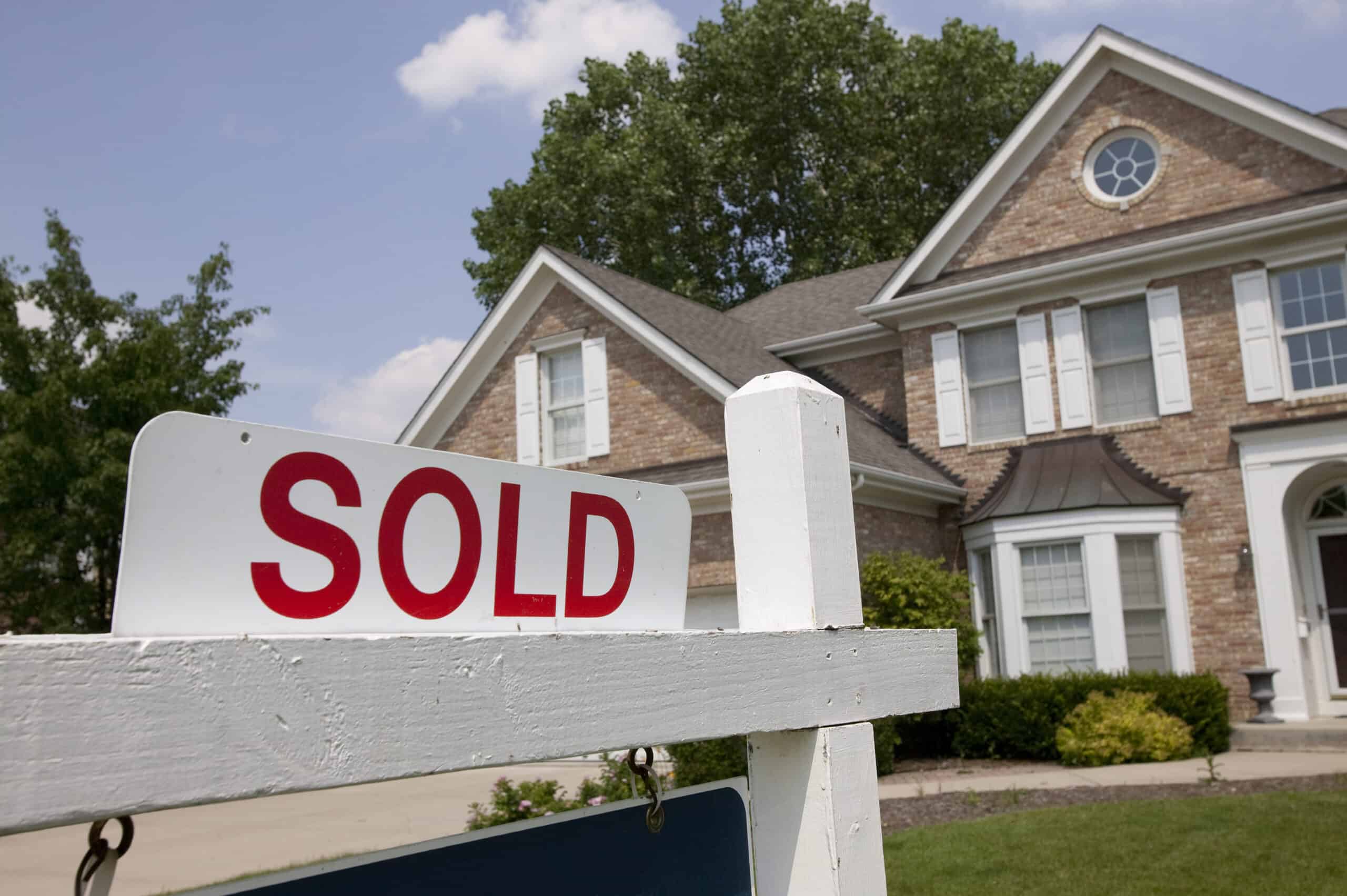
Key Points
-
Capital gains is a tax levied on the profits earned from selling a home.
-
Fortunately, the amount of money you’ve spent on the property can lower your overall capital gains.
-
Keeping careful records makes calculating capital gains much easier.
-
Are you ahead, or behind on retirement? SmartAsset’s free tool can match you with a financial advisor in minutes to help you answer that today. Each advisor has been carefully vetted, and must act in your best interests. Don’t waste another minute; get started by clicking here.(Sponsor)
Capital gains is a tax imposed on the profit you earn from the sale of an asset, like your home. The tax applies when you sell the asset for more than you originally paid for it. However, that simple definition makes the tax seem scarier than it is. Thanks to “adjusted basis,” you get to subtract a whole lot of expenses you paid as a homeowner from the gross profit, thereby reducing your tax bill.
Here, we’ll lay out how capital gains could apply in your situation and how you may avoid paying taxes on the sale.
First, the good news
The IRS allows you to exclude a certain amount of capital gains from the sale of your primary residence. Here’s how it shakes out:
- Single filers can exclude up to $250,000
- Married filing jointly can exclude up to $500,000
- Profits exceeding these amounts are subject to capital gains tax
To qualify, you must have owned and lived in the home for at least two of the five years leading up to the sale. As long as you meet this criterion, here’s how you can quickly calculate whether you’ll owe money.
Note: For simplicity’s sake, we’ll assume you’ve never used your home for business or rental purposes, and that you aren’t claiming casualty losses. That’s because each of those factors must generally be included in the adjusted basis, and since they don’t apply to every home seller, we’ll focus on elements that do.
The simple calculation
You know how much you’re selling the property for. All that’s left to gather is what’s called the “adjusted basis.” The adjusted basis consists of the:
- Original purchase price: The amount you paid for the home when you first bought it.
- Acquisition and sales costs: Any costs associated with buying or selling the home, including closing costs, commissions to brokers or agents, and taxes and fees related to the purchase.
- Capital improvements: The cost of any improvements you made to the home over the years to the acquisition cost. This could include improvements like building a deck, replacing windows, having a new driveway poured, upgrading the electrical system, installing new flooring, renovating the kitchen or bathroom, or adding a home security system. In short, any improvement you made that will extend the life of the property or increase its value may be considered a capital improvement.
Since we’re assuming you haven’t used your home for business or rented it out, your adjusted basis equals the original purchase price plus the cost of any improvements made to the house.
For example, if you initially purchased your home for $400,000, paid $15,000 in closing and other acquisition costs when you bought the house, another $50,000 in closing cost when you sold the home, and made $75,000 in improvements, the adjusted basis would be $540,000 ($400,000 + $15,000 + $50,000 + $75,000).
The final step
Calculating capital gains is relatively straightforward. It involves subtracting the adjusted basis from the sales price of the home. Your original question mentions that you’ll net $650,000 on the sale.
From that $650,000, you can deduct the amount you’ve spent on the property (the adjusted basis), which, we’ve assumed here to be $540,000. That means your capital gains on the sale is $110,000 ($650,000 – $540,000).
Whether you’re single or married filing jointly, $110,000 is under the amount the IRS allows you to exclude, and no capital gains tax will be due. Of course, based on your question alone, we don’t have enough details to know how much your actual adjusted basis is or how much you’ll net in capital gains. However, this explanation should help walk you through the steps of calculating capital gains based on your specific situation.
The post I am downsizing for retirement and will net $650K. Will capital gains taxes apply? appeared first on 24/7 Wall St..































































